
By Fredrick AGBOMA (Dr)& Joseph BENSON.
As explored in the earlier parts of this series, Ghana’s response to recent geopolitical disruptions, most notably the U.S. tariffs on key exports, can either be reactionary or transformative.
While such events present short-term shocks, they also create critical inflection points. To ensure lasting economic independence, Ghana must now move decisively from being a raw resource exporter to a creator of high-value products and services.
Understanding the Commodity Trap
For decades, Ghana’s economy has leaned heavily on unprocessed commodity exports. Cocoa, gold, timber, and bauxite make up a large share of its foreign earnings. In 2022, for instance, Ghana exported over $3.5 billion in gold and nearly $2 billion in cocoa beans, most of it unprocessed. Yet, these commodities are often processed abroad and sold at vastly higher prices, leaving Ghana with a fraction of the potential economic returns
This reflects a familiar pattern known as the “commodity trap,” in which resource-rich countries remain locked at the bottom of global value chains. Economists and development analysts have warned that unless such nations develop local processing and manufacturing industries, they will continue to experience limited economic transformation and remain vulnerable to global price fluctuations.
Cocoa provides a powerful example. Ghana is the world’s second-largest cocoa producer, yet less than 20% of its cocoa is processed locally. Global chocolate sales exceed $130 billion annually, but Ghana earns only a fraction of that, despite producing nearly 900,000 metric tons of cocoa annually.
Value Addition as a Strategy for Economic Sovereignty
Shifting toward value creation is not simply an economic adjustment, it is a step toward economic sovereignty. Processing cocoa into chocolate, refining gold for jewelry, or turning raw timber into finished furniture does more than add value; it creates jobs, enhances technical know-how, retains wealth locally, and builds resilience into the national economy.
Recent efforts by Ghana to promote value addition, like increasing taxes on unprocessed cocoa exports and investing in local processing infrastructure, are steps in the right direction. According to the Ghana Investment Promotion Centre (GIPC), the government seeks to increase domestic cocoa processing to 50% in the medium term. The policy signals a shift toward higher-margin activities, reflecting an ambition to move Ghana further up the value chain.
Global Lessons in Economic Transformation
Ghana’s journey is not without precedent. South Korea, once an agrarian economy in the 1960s, transformed into a global technology powerhouse through long-term investment in education, infrastructure, and value-added manufacturing. Similarly, Malaysia transitioned from a rubber and tin exporter to a major electronics and palm oil producer by embracing industrialisation and export diversification.
Mauritius, closer to home, offers another instructive example. Once reliant on sugar exports, the country diversified into textiles, financial services, and tourism. The transformation was made possible by coherent industrial policies, trade liberalisation, and strategic investment in human capital.
These success stories highlight a consistent formula: investment in industrial policy, a supportive entrepreneurial ecosystem, and regional trade integration.
Industrial Policy as an Engine of Change
Ghana’s own industrial agenda is gaining traction. The One District, One Factory (1D1F) initiative has led to the establishment or rehabilitation of over 125 factories across the country, aimed at decentralising industrial growth and boosting local value addition. In the 2023 Budget, the Ministry of Trade and Industry reaffirmed support for scaling up 1D1F, especially in agro-processing and light manufacturing sectors.
Strategic interventions such as tax holidays, infrastructure subsidies, and affordable financing for local manufacturers can strengthen these efforts. However, industrial policy must also be coupled with targeted education and research investments. Data from the World Bank show that every dollar spent on industrial infrastructure and capacity-building in emerging economies returns, on average, $4 in productivity gains over the medium term.
Supporting Innovation and Entrepreneurial Ecosystems
Innovation and entrepreneurship sit at the heart of Ghana’s transformation strategy. Institutions like Kumasi Hive, Ghana Tech Lab, and Impact Hub Accra exemplify the country’s growing support network for innovators. In 2022 alone, more than 500 start-ups passed through tech incubation hubs in Ghana, according to the World Bank’s Digital Economy Diagnostic Report.
Embedding entrepreneurship training in tertiary and vocational education will equip young Ghanaians with the skills to launch and scale ventures that add value to local resources. Policy incentives such as innovation grants, research funding, and public procurement quotas for local SMEs are crucial to sustaining this ecosystem.
Harnessing AfCFTA for Regional Trade Advantage
The African Continental Free Trade Area (AfCFTA) is a strategic linchpin in Ghana’s value creation journey. With a combined GDP of over $3.4 trillion and access to 1.4 billion consumers, the AfCFTA presents vast opportunities for Ghanaian businesses to export regionally processed goods.
Already, Ghana is home to the AfCFTA Secretariat and is well positioned to lead implementation efforts. The Ghanaian government, through its National AfCFTA Policy Framework, aims to build capacity for over 200,000 SMEs to access continental markets. According to the United Nations Economic Commission for Africa (UNECA), intra-African trade is expected to increase by 33% once non-tariff barriers are reduced and rules of origin are standardised.
This regional integration offers Ghanaian cocoa processors, textile manufacturers, and agritech firms the opportunity to scale beyond domestic markets, reduce export risk, and collectively build pan-African value chains.
Emerging Sectors with High Potential
Beyond cocoa and gold, emerging sectors such as pharmaceuticals, renewable energy, and digital services present valuable opportunities. Ghana has begun investing in local pharmaceutical production, particularly for essential medicines and vaccines, as part of a broader import substitution strategy.
In the energy sector, recent World Bank support for Ghana’s solar and battery infrastructure points to another transformative possibility. Locally manufacturing components for solar panels or electric bikes could significantly enhance domestic capacity while aligning with sustainability goals.
The digital economy is another frontier. Ghana’s fintech sector is the fastest-growing in West Africa, with mobile money penetration surpassing 60%. Supporting local developers and software startups can establish Ghana as a regional technology hub.
Addressing Challenges through Collaboration
The path to transformation is not without challenges. Inadequate infrastructure, limited access to finance, and fragmented policies remain persistent barriers. Nonetheless, Ghana can overcome these hurdles through strategic collaboration between government, private sector actors, academic institutions, and development partners.
Transparent governance, data-driven policymaking, and alignment with global environmental and social governance (ESG) standards will bolster investor confidence and attract long-term funding.
International development finance institutions such as the African Development Bank (AfDB) and the International Finance Corporation (IFC) have already earmarked millions in industrial support for West Africa. Ghana must continue to position itself as a preferred destination for sustainable investment.
Conclusion: Charting a New Economic Destiny
The road to economic sovereignty begins with reclaiming control over value creation. By moving beyond raw exports to become a hub of processing, innovation, and regional trade, Ghana can insulate itself from global shocks and unlock durable prosperity.
This transformation is not aspirational, it is imperative. The tools, institutions, and strategies already exist. What is required now is a sustained, collaborative commitment to a shared vision. If Ghana embraces this path fully, it will no longer be merely a participant in the global economy, but a formidable player shaping it.
Dr. Agboma is a senior academic at Liverpool John Moores University and a scholar-practitioner in entrepreneurship and development policy. He recently completed a CODISERA Fellowship on education, enterprise, and regional development.
Joseph is an entrepreneur, a business development consultant, and philanthropist based in the USA but globally connected with world renowned companies. . Passionate about education and a founder of diverse businesses globally.
The post Reclaiming Agency: From resource exporter to value creator appeared first on The Business & Financial Times.
Read Full Story
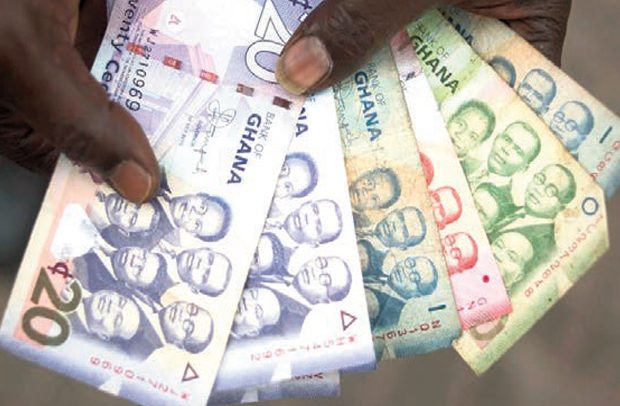
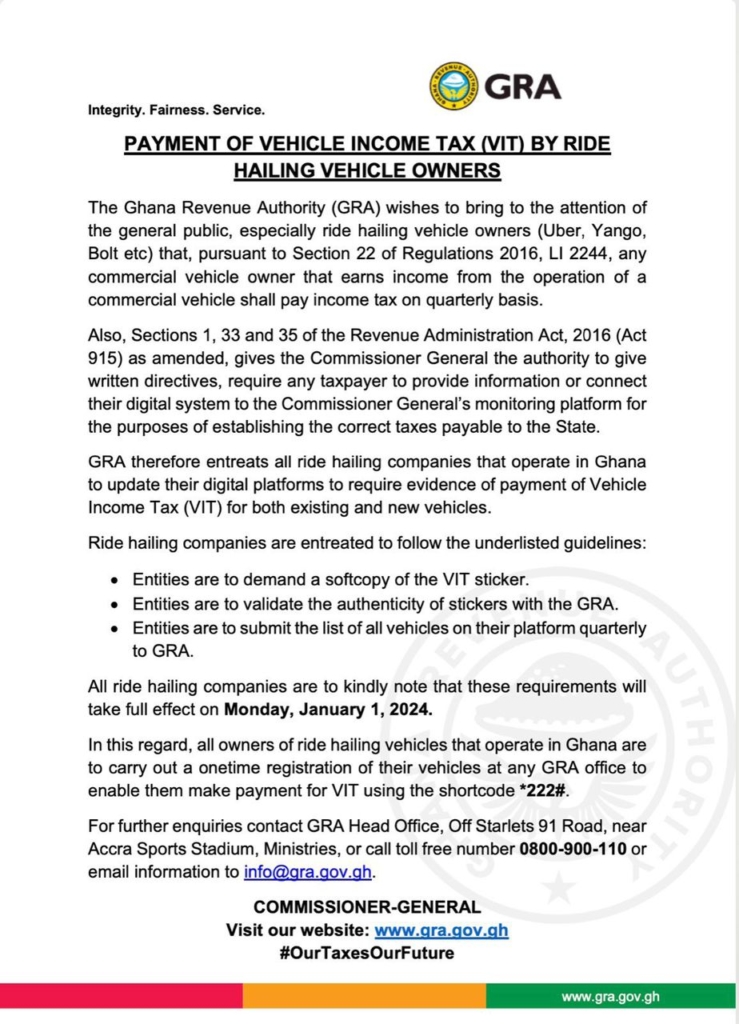
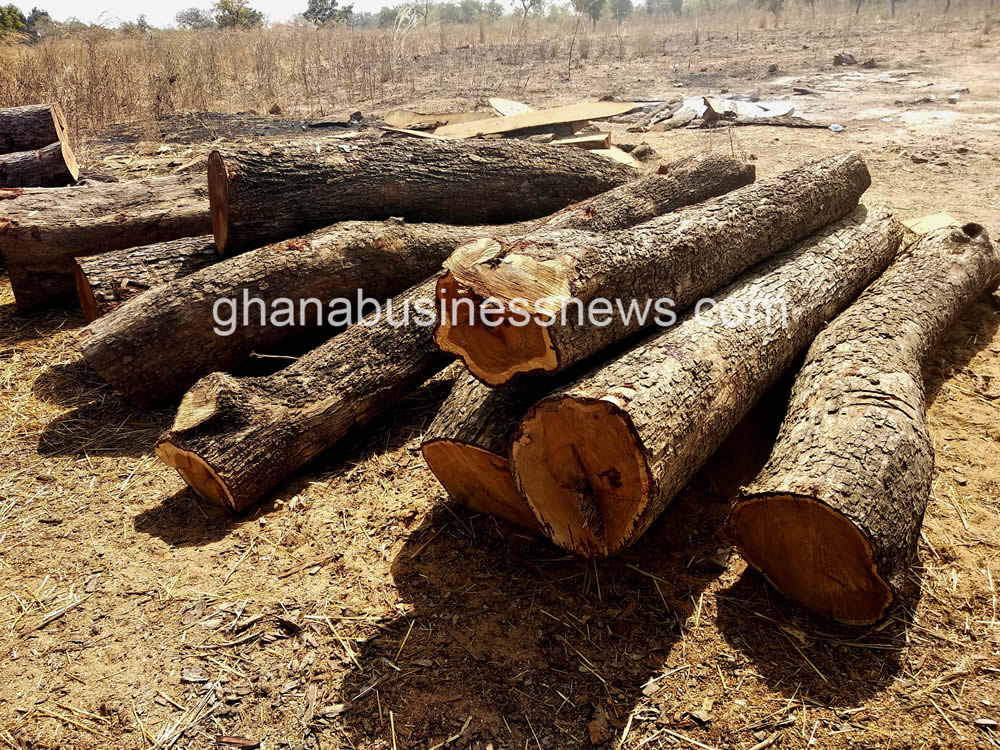
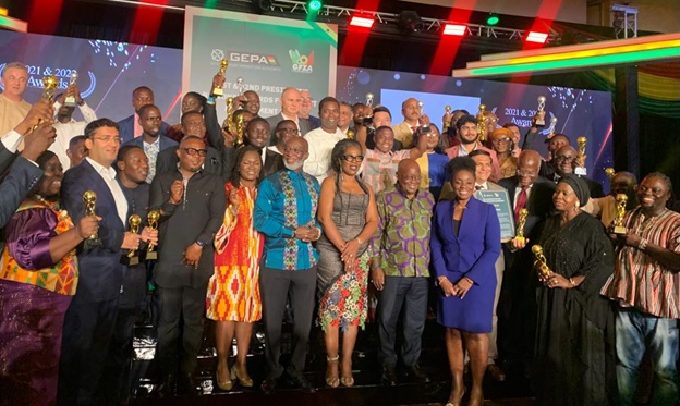













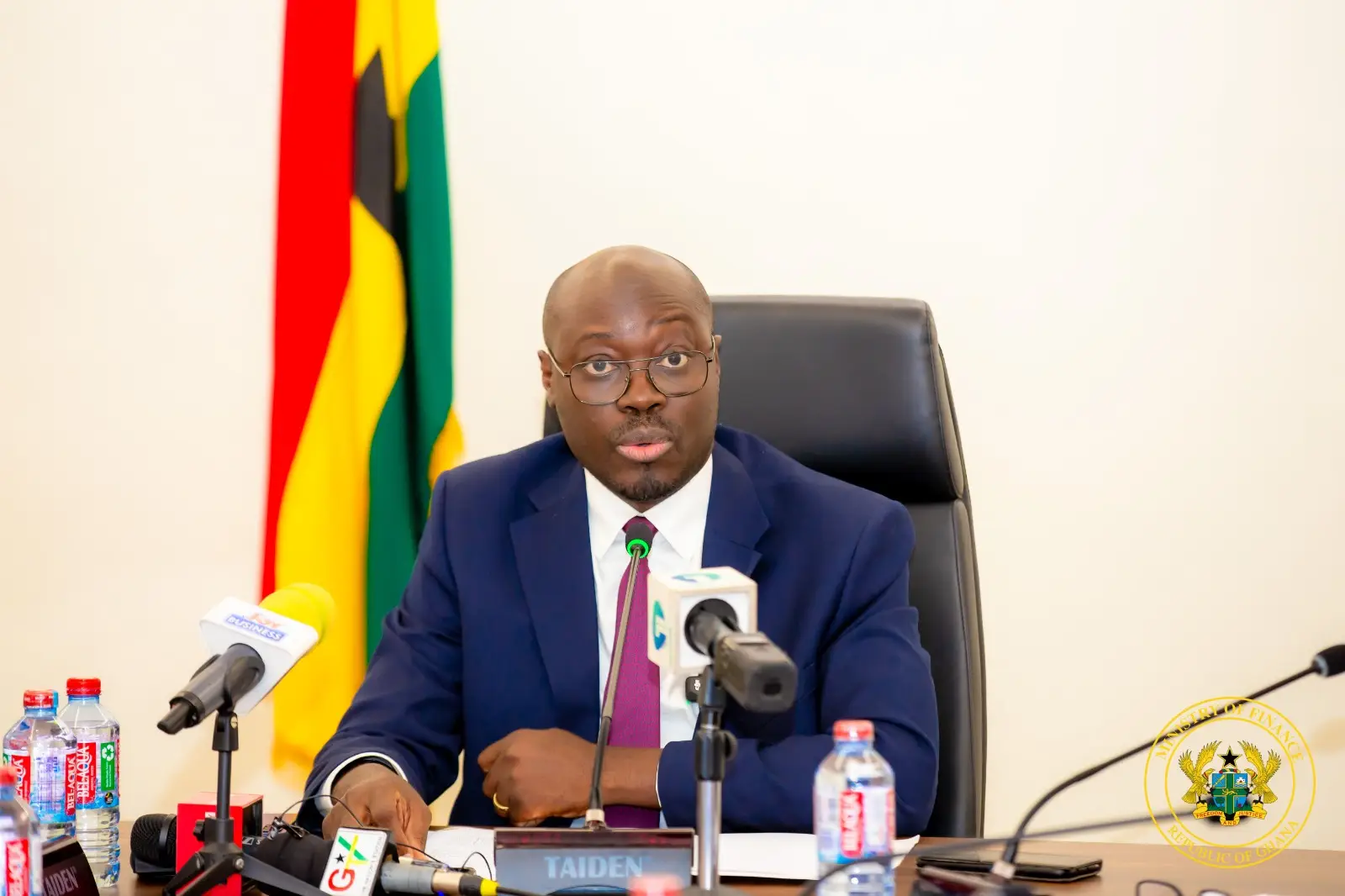



Facebook
Twitter
Pinterest
Instagram
Google+
YouTube
LinkedIn
RSS